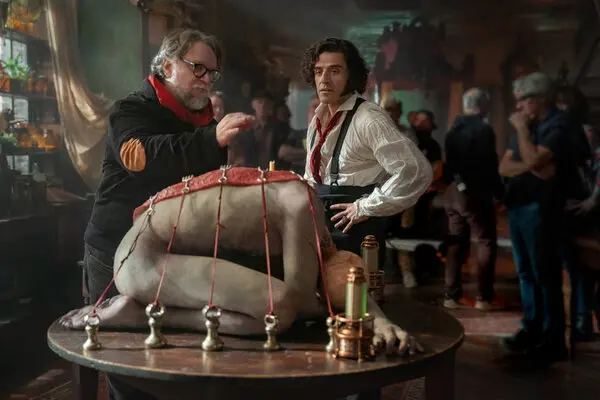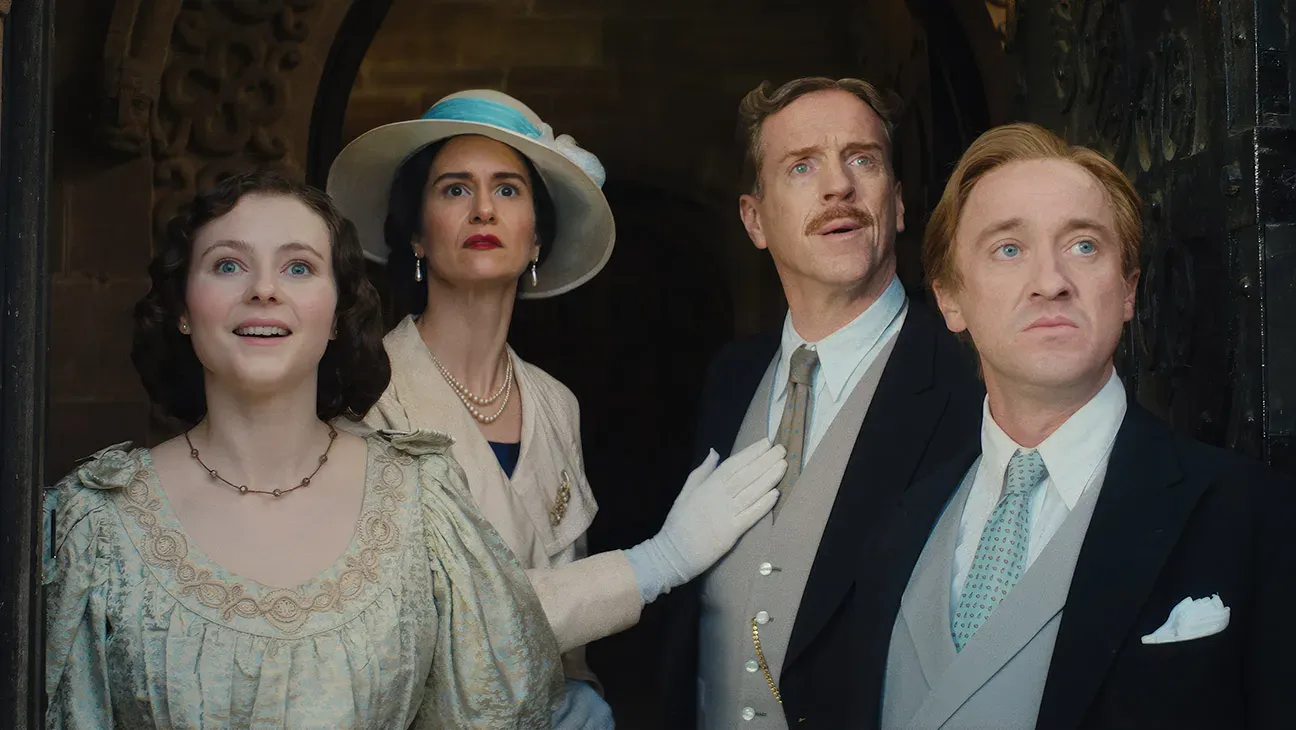
About Dry Grasses (2024) - Movie Review
- Mar 2, 2024
The quirk of human nature that pushes us towards deception is a common theme explored across numerous dimensions of life. Whether it is due to spite, perceived self-protection or an attempt to cushion someone else from hurt, dishonesty plays a critical role in social interactions. A striking demonstration of this reality can be found in Turkish director Nuri Bilge Ceylan's most recent opus 'About Dry Grasses'. The film shows us that every truth is subjective, tainted by the teller’s perspective, urging audiences that neither hope nor despair should be accepted without scrutiny.
In the remote, snow-covered town of Incesu in eastern Turkey, city-born art teacher Samet, played by Deniz Celiloglu, finds himself trapped. Forced by his government placement to endure another stint in what he habitually refers to as a "hellhole", Samet yearns to work in a bustling metropolis like Istanbul. Early on, the film establishes that every dialogue or scene carries a significant thematic impact.
In midst of his bleak situation, Samet paints a vivid picture of a society that reveres him as a teacher, one with urban roots. His positioning between soldiers loyal to the regime and local anti-establishment forces make him popular among the community, a middle ground that Samet finds incredibly comfortable, albeit from his self-centered, nonpolitical stance.
His partiality for certain students despite his dismissive demeanor, particularly towards a bright pupil named Sevim, causes a major rift when a love letter is discovered in her backpack and Samet denies possession of the letter. This sparks a chain reaction of distrust which eventually implicates his close friend and co-tenant, Kenan. Samet maintains he was acting out of kindness, disguising his deliberate bias towards certain students.
The deeply ingrained rules of friendship are severely tested when gym teacher Tolga refuses to share information about the situation with Sevim. Samet argues that true friendship involves sacrifices and blind trust. His insistence, however, fails to mask his tendency to compromise these same principles when it suits his narrative.
As the story unfolds, we witness numerous instances of Samet's deceptive nature. His painfully honest revelation about the challenging reality facing his students and his highbrow, disdainful attitude towards the rural community underscores an arrogant character where honesty and lies blend seamlessly.

The film veers from conversations in the classroom to subtle ideological battles at dinner, all aimed at unveiling the characters' most deeply embedded anxieties or unsavory instincts. For instance, a dynamic evolves between Nuray, a former military woman turned teacher with a newly acquired car and Kenan who is visibly excited about the car. Samet finds himself excluded, riling him with jealousy not earlier seen.
Despite the intricate web of deception and selfishness, the movie emphasizes a crucial insight: that art is a reflection of an individual and therefore cannot possibly communicate the entire picture. This truth is displayed profoundly through Samet's photography, Nuray's art, and the discovery of ancient ruins - all illusionary motifs that remind us of the need for continual skepticism when consuming art.
The genius in Ceylan's work is a scene where the cinematic illusion is shatteringly broken, reinforcing once again that the images we project, whether on a canvas or screen, are only frail fragments of truth. He insinuates that none are guiltier of this deceit than film, using artifice and manipulation to evoke our deepest emotions and trust.
However, Ceylan also exhorts that faith in imperfect ideals is essential. A refusal to believe anything can change, a mindset that has eroded Samet, is barren in comparison. Characters like Sevim and Nuray, who overcome their hardships, present an alluring alternative, admiration for them growing within Samet as he recognises the failure in his refusal to hope.
In a sweeping stroke of authenticity, the film concludes with the quintessential fact of life: nothing is as terrible or as magnificent as it seems, not even the landscape itself. However, the burdensome cold of winter can nearly erase the memory of sunnier days.







